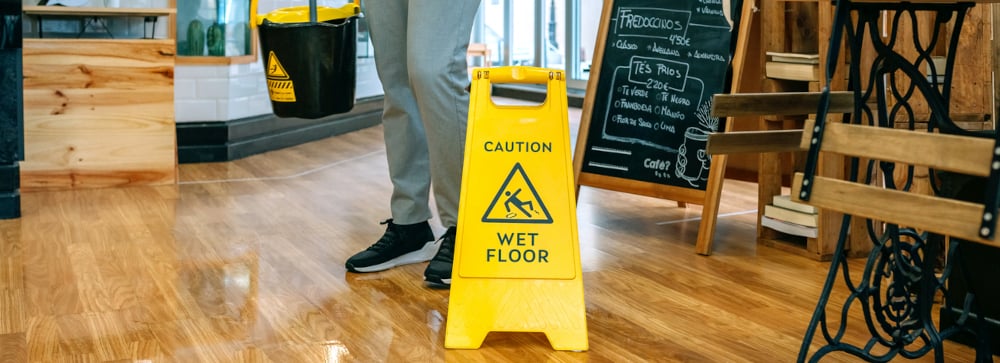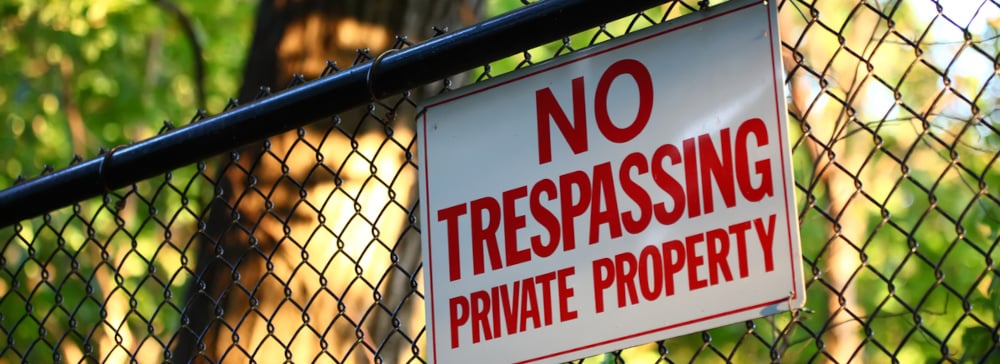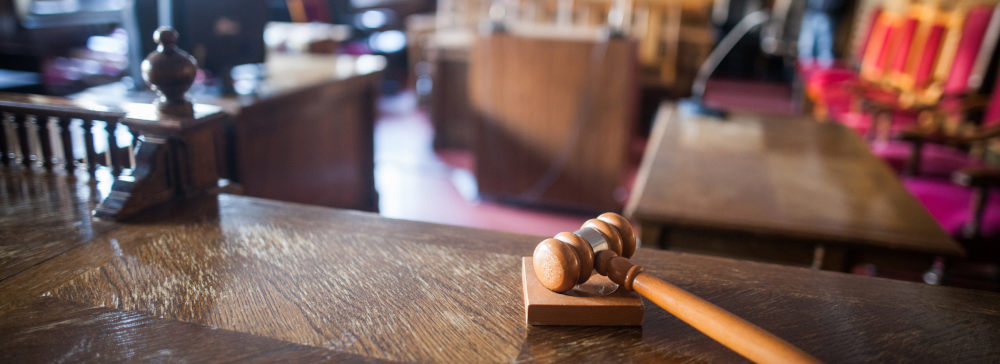Table of Contents
Visitor classification in Boynton Beach premises liability cases plays an important role in how a case is handled. This is because each type of visitors is owed a different type of duty of care under premises liability law. The three types of visitors onto a property are an invitee, licensee, and a trespasser. For more information about visitor classification in Boynton Beach premises liability cases, reach out to one of the skilled Boynton Beach premises liability attorneys at Kogan & DiSalvo.

An invitee or guest is someone who is on the public or private property as a result of an invitation by the owner. This can be a private invitation to a friend’s house or a business invitation such as a grocery store. A customer would be considered an invited guest because either the owner of the property or the people in control of the property have invited the customer by encouraging them to come onto the property. The owner or property manager owes the highest duty of care to an invitee.

A licensee is another one of the visitor classifications in Boynton Beach premises liability cases. A licensee is an individual who is not invited onto the property but is still legally able to be there. Licensees are on the property for their own purpose. An example of a licensee would be someone who stops into a store to ask for directions.

The last visitor classification in Boynton Beach premises liability cases is a trespasser. A trespasser is someone who does not have a right to come onto the property and has no invitation by the owner or occupier of the property. A trespasser is simply one who enters the property illegally. The property owner or manager owes a trespasser the least amount of care.

There are some exceptions to premises liability cases when it involves a child. The age of the child may come into play as to whether they would be responsible for their own actions. Usually, under the age of six, the child cannot be held negligent. There is a rebuttable presumption that a child from ages seven to 14 should know what it is that they are doing. After the age of 14, minors are treated as an adult who should be able to realize, perceive, and avoid the danger on the property.

A visitor has a duty to use due diligence when walking onto or being on another’s property. This means that the person must pay attention to what they are doing. For example, if someone is walking on someone’s driveway and there is a three-foot pothole in the middle of the drive but they do not see it because they were looking down at their phone, then they are going to be assigned some portion of the fault. The owner of the property and/or the renter may be responsible but so would the person who fell in the hole because they did not see it when they should have.
Florida is a modified comparative fault state, meaning that if a plaintiff is found to be 50 percent or less at fault for their own accident, they can still collect damages from whoever is responsible for their injuries such as the landlord or tenant, reduced in proportion to their fault. For more information about negligence law and visitor classification in Boynton Beach premises liability cases, call one of the lawyers at Kogan & DiSalvo and schedule a free consultation.
If you are injured and unable to come to us,
our attorney will come to you - there is no charge for us to do so.